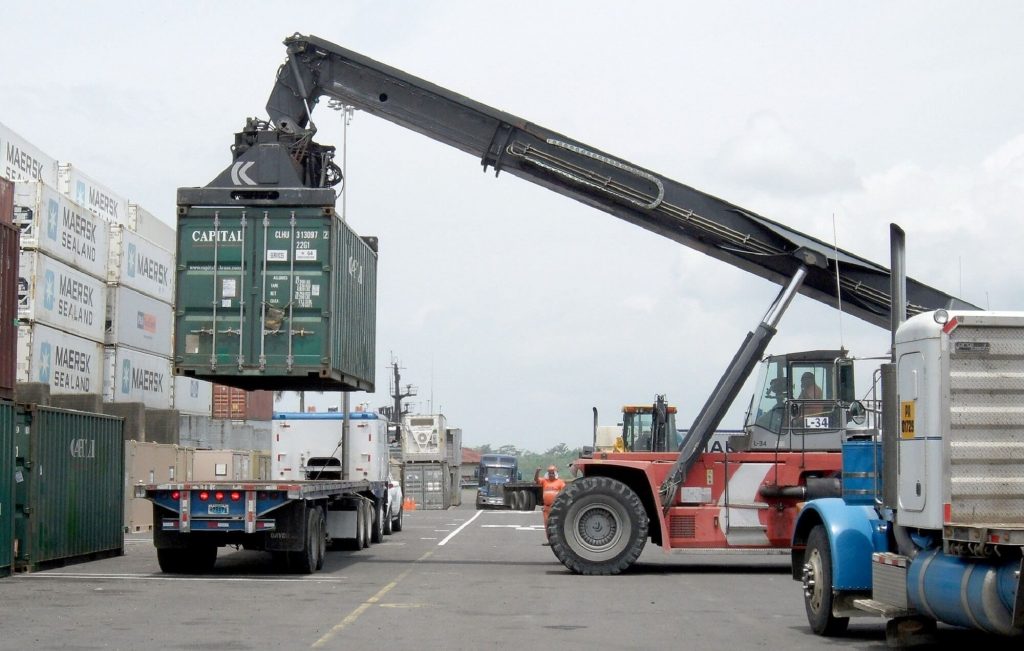It’s rare to find a classic car in good condition and even more so for one from the early 1900s. Now that you find yourself in possession of such a vehicle and are looking to transport it safely, there are several aspects you should consider when moving an antique or classic car. Antique cars are usually treated as cherished possessions by many, either for the investments in restoration or for untouched, original parts.
Whether it’s to protect its sentimental or investment value, moving antique cars requires to meet several conditions to complete a successful transport. Here are some tips for transporting antique and classic cars from the early 1900s.
Find the right car shipping company.
While some people may take the risk of personally transporting their vehicles, your best bet for secure transport is to hire a professional carrier service. Dedicated shipping or transport services like Caravan Auto Transport specialize in the safe and reliable transportation of cars, and any antique vehicles made in the early 1900s will require extra special care, due to their susceptibility to damage. A carrier company will provide professional equipment and workers with years of experience in this area.

There are quite a few companies that offer transport services for vehicles, and you will need to research each one to see which company will fit your needs. Going online to check reviews and get opinions is an excellent way to get started. You can also try and find any personal accounts of other car enthusiasts that have had hired a professional carrier to move their antique car.
Check the insurance.
After finding a carrier that is suitable for you, a secondary measure you should take would be to check the company’s insurance policy. No matter how experienced or professional anyone is, accidents do happen. You can request copies of the company’s insurance information and verify with the insurer that the policy is still currently active. You can also check with the company or their insurance provider to see what sort of damages or losses are covered by their insurance policy.
Document and photograph.
A simple precaution to take is to make sure you document and photograph everything about your antique car. This way, you’ll be able to receive maximum compensation from your insurance claim if any damages occur during the transport.

Decide on open or enclosed transport.
Moving vehicles requires using a form of transport, such as a trailer, where the car will sit for the duration of the journey, and you’ll find that there are two types available. These trailers or carriers will come in either open or enclosed forms of transport, each with their advantages and disadvantages. Open containers are usually much more affordable but can leave your vehicle exposed to the elements while enclosed trailers provide much more protection but at a premium price point.
Prepare the vehicle.
Here are some steps to prep your vehicle for transport:
- Remove all personal belongings and unnecessary items.
- Charge/change the battery.
- Make sure there is sufficient antifreeze/coolant.
- Leave gas tank a quarter full.
- Check for any leaks or damages.

